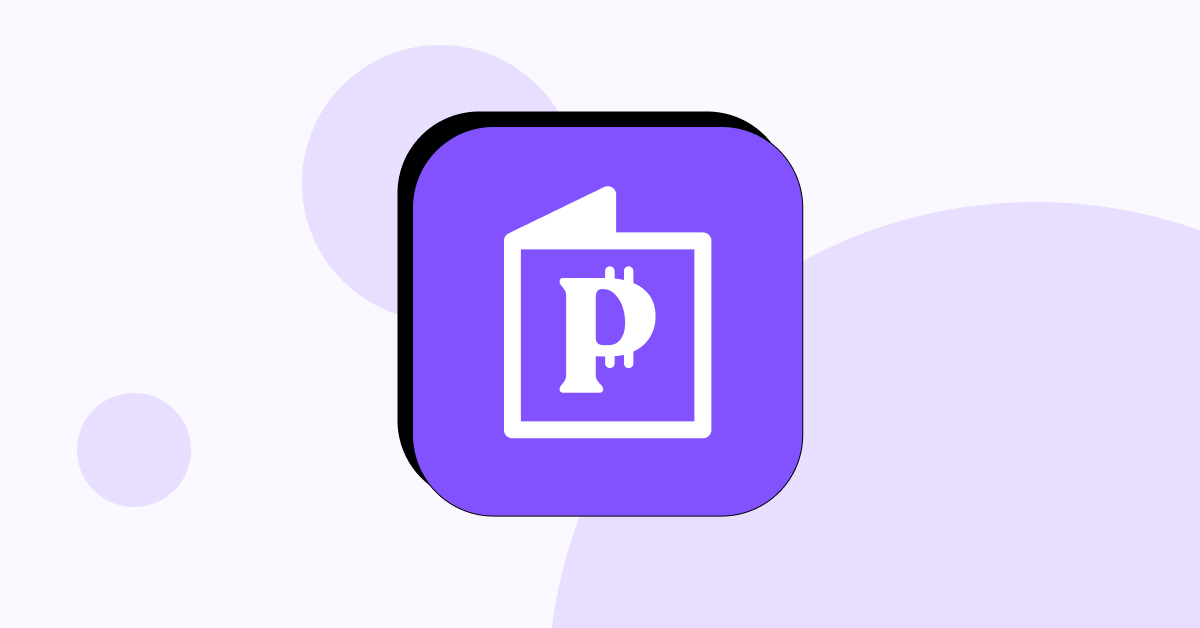Canada is a land of opportunities, diversity, and dreams. Thousands of people worldwide move to Canada every year for a better life. However, moving to Canada can seem out of reach for many, especially with limited funds. But don’t lose hope just yet!
Moving to Canada with little to no money is possible, and here, we’ll show you how. Whether you’re looking to start a new life, pursue your education, or explore the beauty of Canada, we’ll provide you with practical tips and tricks to make your move a reality.
Can You Move to Canada With No Money?
Canada is a popular destination for immigrants thanks to its welcoming attitude, high standard of living, and excellent healthcare and education systems. However, Canada’s living cost is high, especially in urban areas such as Vancouver and Toronto. So, how can you move to Canada with no money? Here are some tips and information that may be helpful:
- Apply for a Working Holiday Visa: If you are between 18 and 30 years old and from a participating country, you may be eligible for an IEC Working Holiday Visa. It will allow you to work in Canada and earn money to cover expenses. You can find more information on International Experience Canada’s website.
- Look for a job before you move: For people planning to move to work in Canada, it’s a good idea to look for a job beforehand. Many Canadian employers are willing to sponsor foreign workers, especially in the healthcare, IT, and engineering industries. You can start your search by checking online job boards, contacting Canadian recruitment agencies, or networking with Canadian professionals.
- Consider studying in Canada: If you’re a student, here’s a route you can consider. Canadian universities and colleges are known for their high-quality education and multicultural student body. Plus, many Canadian schools offer scholarships and bursaries to international students. They can be an excellent way for you to move without a lot of money.
- Research affordable housing options: Housing can be one of the biggest expenses when moving to Canada. However, affordable options are available, such as renting a room in a shared apartment or living in a co-op. You can also look for accommodation in smaller cities or towns, where the cost of living is generally lower.
- Save money before you move: Moving to Canada with no money is challenging, so saving some before your move will help. Even a small amount of savings can help cover initial expenses such as transportation, food, and lodging. Seek out passive income opportunities. One of the best is Pawns.app, which allows you to earn money by completing short online surveys and sharing your internet connection.
When Can You Move to Canada Without Proof of Funds?
If your circumstances are such that you do not have a healthy account balance, don’t fret. You may be exempted from showing proof of funds if you fall within the following cases:
- Labor Market Impact Assessment (LMIA): Exemption may apply because the LMIA process ensures that the employer has tried recruiting Canadian citizens or permanent residents for the job but has not found suitable candidates. This indicates that the job offer is genuine and that you will have sufficient income to support yourself in Canada.
- Canadian Experience Class (CEC): If you have at least one year of skilled work experience in Canada, you may be eligible to apply for permanent residency under the CEC program. Under this program, you may not need to provide proof of funds as you have already established yourself in Canada and have a track record of supporting yourself.
- Asylum applicants and refugees: If you are seeking asylum or a refugee, you may not need to provide proof of funds. The Canadian government offers financial support to refugees and asylum seekers through various programs such as the Resettlement Assistance Program and the Interim Federal Health Program.
- Atlantic Immigration Pilot (AIP): The AIP program is designed to attract skilled workers to the Atlantic provinces of Canada (Nova Scotia, New Brunswick, Prince Edward Island, Newfoundland, and Labrador). If you have a valid job offer from an employer in one of these provinces, you may be eligible for the AIP program, which may not require proof of funds.
- Provisional requirements (e.g., Quebec): If you are applying for permanent residency in Quebec, you may be subject to different conditions than in other provinces. For example, the Quebec Skilled Worker program may not require you to provide proof of funds if you meet other eligibility criteria.
How Much Do You Need to Move to Canada?
The amount you need to move to Canada depends on several factors, such as your reason for moving, your intended length of stay, your financial situation, and the cost of living where you plan to reside.
If you plan to immigrate to Canada, you may need to have a set amount of money saved to support yourself and your family for a certain period. For example, under the Federal Skilled Worker Program, you must show that you have enough funds for your household for at least six months after arriving in Canada. Currently, the figure stands at CAD13,310 for one person.
Conclusion
Moving to Canada with no money is challenging but possible. It requires careful planning, research, and preparation. The tips and information provided in this article can help you take the first steps toward your dream of moving to Canada.
FAQ
Do you need money to move to Canada?
Yes, you will need a certain amount of money to move to Canada. The Canadian government requires all permanent residency applicants to show proof of funds to support themselves and their family members for a certain period.
What is the easiest way to move to Canada?
There are many ways to move to Canada. However, government programs provide the most straightforward path to Canadian permanent residency. They include Express Entry, Provincial Nominee Program, education, and family sponsorship.
Can I just go live in Canada?
No, you cannot simply live in Canada unless you are a Canadian citizen, permanent resident, or have a valid temporary resident status (such as a work or study permit). To qualify for permanent residency in Canada, you must meet specific requirements and go through the application process.


